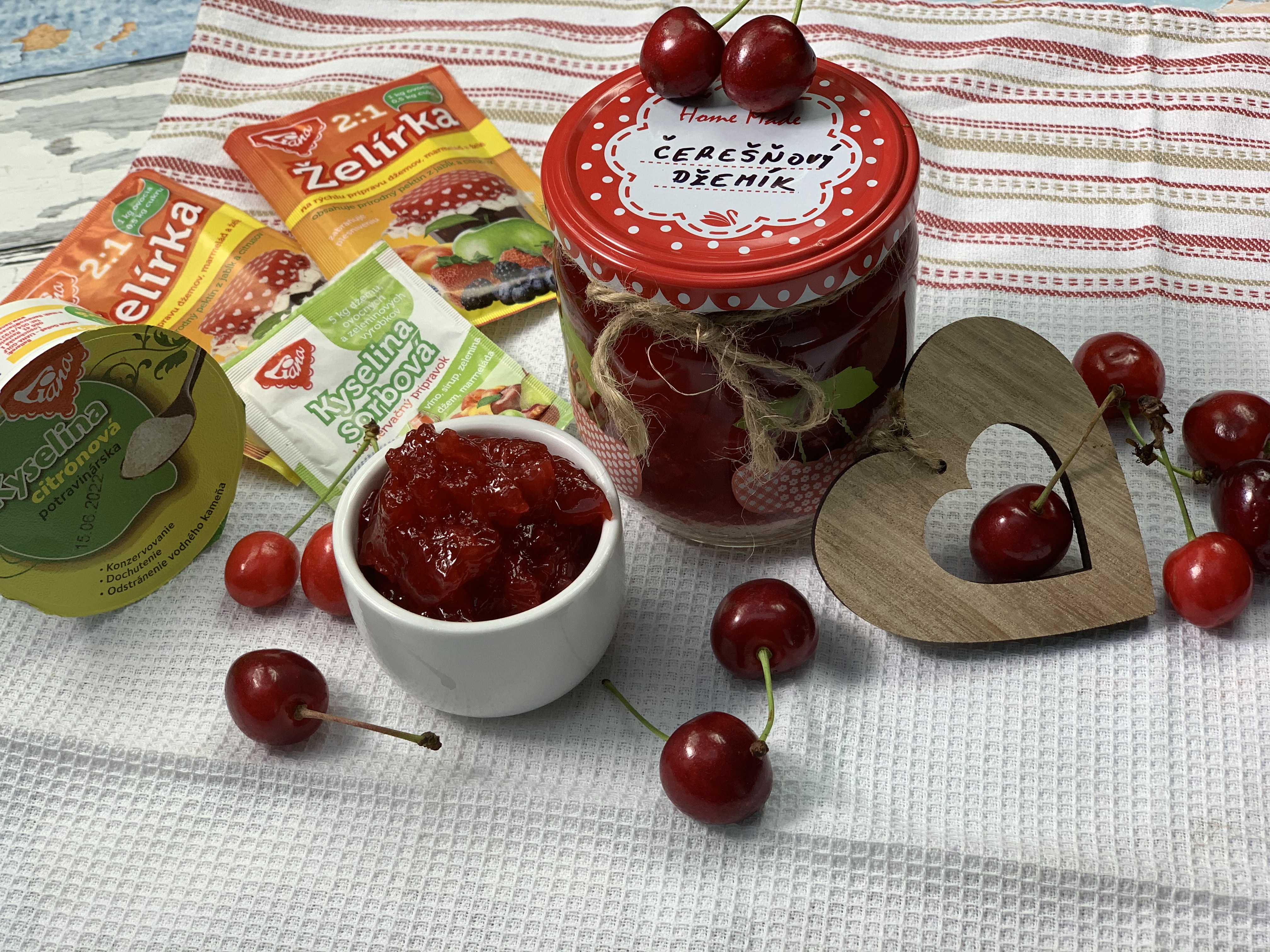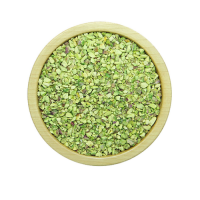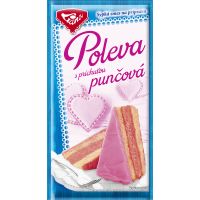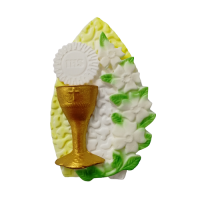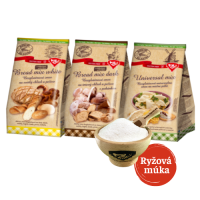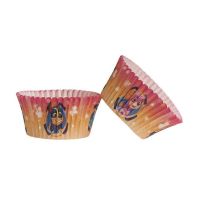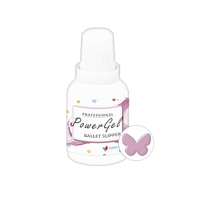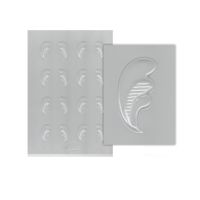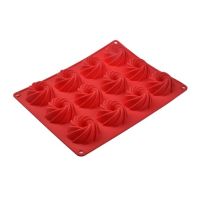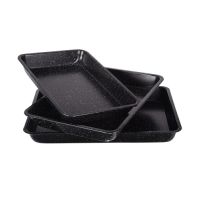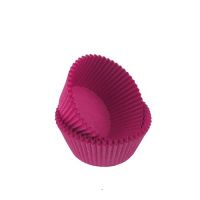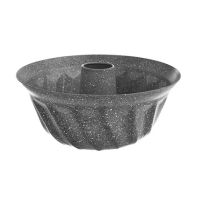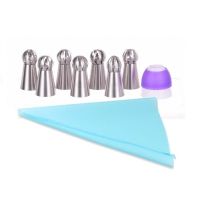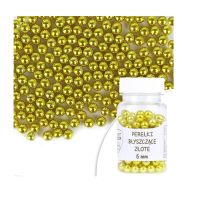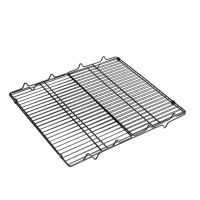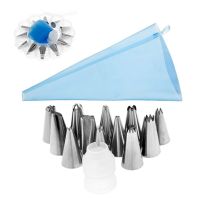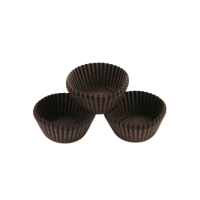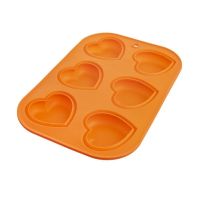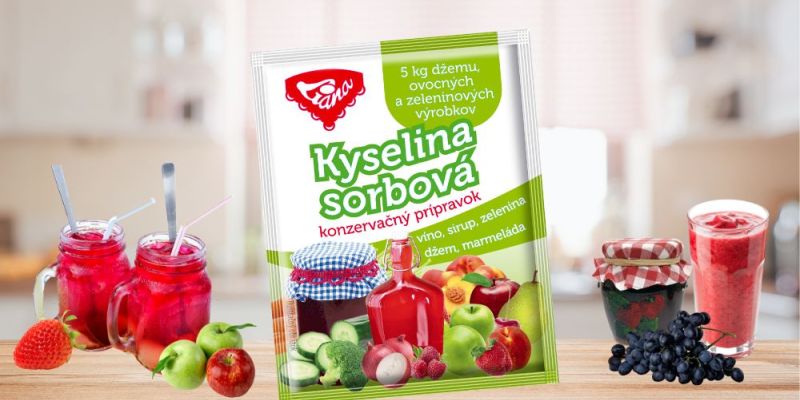
Sorbic acid is not only suitable for canning: its versatile use at home will surprise you
Sorbic acid is an organic compound commonly used as a preservative to prevent the growth of mold, yeast, and bacteria. It is freely available in nature, for example in the berries of mountain trees. Sorbic acid, or "sorbic acid" as we call it, causes far fewer allergies compared to sodium benzoate, which is also used as a preservative. Sorbic acid is easily metabolized by the human body and is considered the least harmful preservative additive. It can be used in various home applications. You can also buy it in our e-shop, where it is sold in portioned packages of 2 g each.
Food preservation: We know sorbic acid mainly as a versatile helper in the kitchen. It can be used to preserve certain types of food, such as homemade jams, marmalades, compotes, pickles and fermented vegetables. Adding a small amount of sorbic acid to homemade sauces or dressings can help extend their shelf life by inhibiting the growth of microorganisms. It is suitable, for example, for goulash.
Preserving homemade beverages: If you like to make homemade beverages such as fruit juices, smoothies or syrups (elder, nettle, agave), you can add sorbic acid to help preserve them by preventing the growth of spoilage microorganisms.
Canning home cosmetics:
Sorbic acid can be used as a preservative in home cosmetics to prevent the growth of bacteria and mold and to extend the product's shelf life. What is the specific procedure for using sorbic acid when preserving home cosmetics?
The amount of sorbic acid used in home cosmetics will depend on the type of product and the desired level of preservation. Excessive use may result in skin irritation or other adverse effects. Sorbic acid can be dissolved in water or glycerin to make a preservative solution. The solution should be prepared fresh before each use. Sorbic acid solution can be added to home cosmetics during the formulation process. It must be thoroughly mixed into the product to ensure even distribution.
Monitoring product stability: After adding the acid, it is necessary to monitor the stability of the cosmetic product over time. This can be achieved by regularly checking for signs of spoilage, such as changes in colour, texture or odour.
It is important to note that while sorbic acid can be effective in preventing the growth of bacteria and fungi, it should not be used as a substitute for hygienic practices during the preparation and use of homemade cosmetics. Good hygiene practices are essential for the production of safe and effective cosmetic products.
Flower preservation: Sorbic acid can help in the preservation of cut flowers. Adding a small amount of sorbic acid to the water in the vase can help inhibit bacterial growth and keep flowers fresher for longer.
Animal feed preservation: Sorbic acid can be used to preserve animal feed to prevent mold growth and preserve its freshness.
Preservation of textiles and leather:
Sorbic acid can be used as a preservative for textiles and leather goods to prevent mold growth. It is important to follow the recommended dosage to avoid discoloration or damage to the material.
The acid solution can be applied with a brush or sponge. It is important to apply the solution evenly and thoroughly so that all parts of the material are covered. After the solution has been applied, it should be allowed to dry completely before the material is stored or used.
The frequency of repeated application depends on the type of material and the conditions in which it is stored. In general, sorbic acid should be applied every few months for optimal protection.
Natural mouthwash: Sorbic acid can be used as an ingredient in home-made mouthwash. It can help inhibit the growth of bacteria in the mouth and promote oral hygiene.
Washing fruits and vegetables: Sorbic acid can be used as an ingredient in washing fruits and vegetables at home that you brought from the store. Adding a small amount of sorbic acid to water can help remove potential contaminants and prolong food freshness.
%20%E2%80%93%20k%C3%B3pia%20(2).jpg)
Control of mold in gardening: Sorbic acid can be used to control mold growth in home gardens. Diluting sorbic acid in water and applying it to plants affected by fungal diseases can help prevent further spread.
Wine production:
Sorbic acid is commonly used as a wine stabilizer during its production process. It is added to wine to prevent spoilage and preserve its quality during storage.
Sorbic acid is usually added to wine after the fermentation process is complete, but before it is bottled. It can be added directly to wine or as a powder or solution. Once added, it should be thoroughly mixed into the wine to ensure even distribution.
After adding acid, the stability of the wine should be monitored over time. This can be done by regularly tasting the wine and checking for signs of deterioration, such as an odd taste or smell.
%20%E2%80%93%20k%C3%B3pia%20(1).jpg)
When using sorbic acid for any purpose, it is important to always follow the recommended dosage and handling instructions and consult a professional if necessary.
